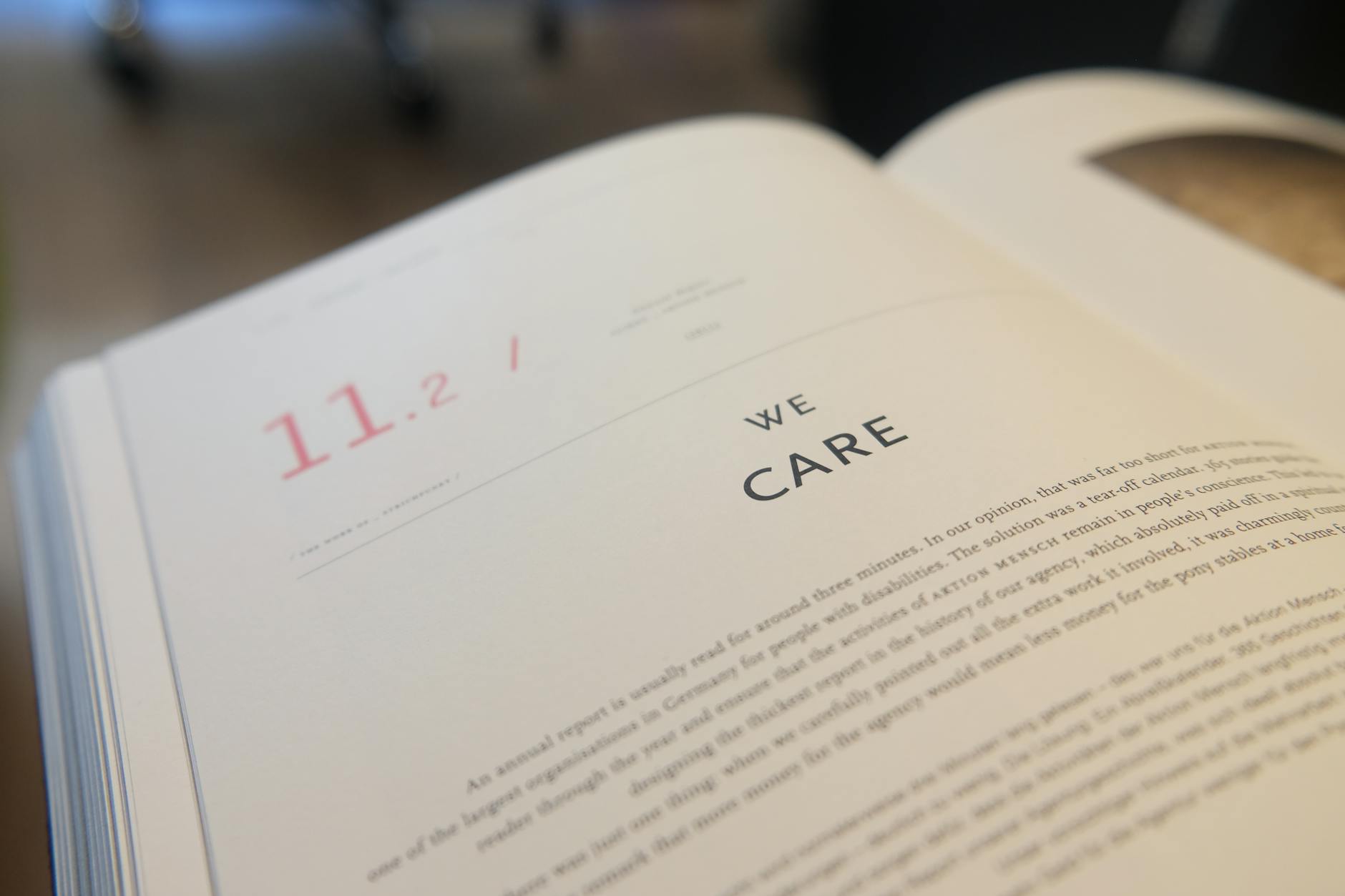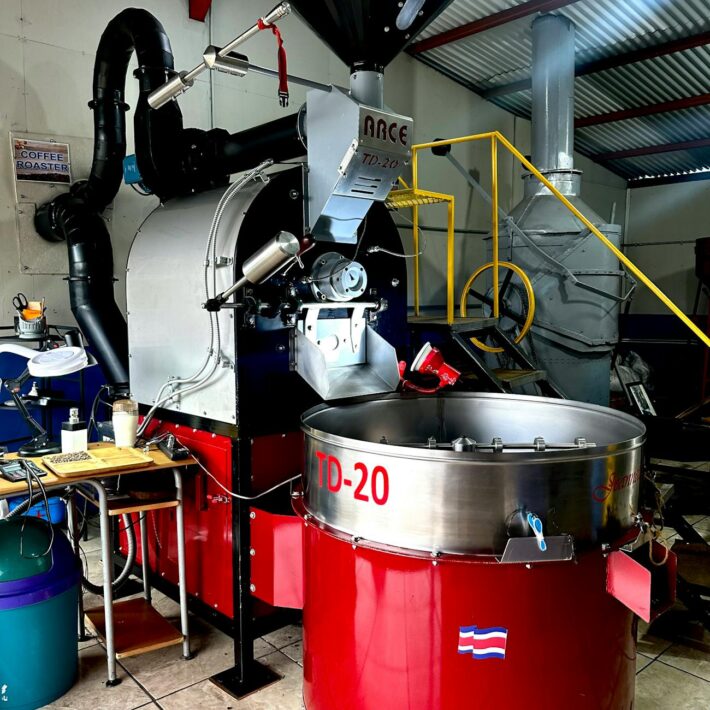Acute Care Psychiatric Business Ideas to Start in 2024

Contents
Acute Care Psychiatric Business Ideas to Start in 2024
More than ever, the need for acute care psychiatric services is soaring. The complexities of mental health have changed—and with it, the landscape of opportunities for aspiring small business owners. Whether you’re an entrepreneur looking to cater to new demographics or explore untapped markets, 2024 is the year to jump in. Here’s an insightful look into some impactful business ideas that tap into this expanding sector and make a difference.
Overview of Acute Care Psychiatric Services
Acute care psychiatry plays a crucial role in mental health, focusing on immediate treatment for severe conditions. Patients may present with crises that require urgent stabilization, often within diverse demographic groups. This might include younger individuals facing anxiety disorders, adults grappling with depression, or veterans suffering from PTSD. With such a variety in patients, there's a growing demand for creative and compassionate services tailored to their needs.
This growing market notion presents a robust reopening for entrepreneurs, emphasizing personalized solutions that could serve entire communities.
Business Ideas in Acute Care Psychiatry
Let’s explore practical business concepts that can fill the urgent mental health service void:
Telepsychiatry Services
Online access to mental health professionals can be a game-changer. With telepsychiatry, patients in crises have immediate access to care. You can create platforms to connect users with licensed psychiatric professionals via video calls. It’s about convenience and ensuring more people can get help without the barriers of distance or the stigma associated with visiting a clinic.
Psychiatric Urgent Care Clinics
Why wait for a scheduled appointment when help is needed now? Establish a psychiatric urgent care clinic, similar to an ER for mental health. Walk-in patients can receive immediate assessments and interventions. This model not only captures a portion of the market looking for urgent services but also provides a safe and supportive environment.
Mobile Mental Health Units
Imagine a caravan of hope rolling into underserved neighborhoods. Mobile psychiatric units can provide urgent care where it’s needed most. Equipped with mental health professionals and essential resources, these "clinics on wheels" can engage communities stricken by accessibility barriers.

Photo by Aleksandar Spasojevic
Crisis Intervention Trainings
Learning to respond to mental health crises can save lives. Offering crisis intervention training programs to businesses and organizations could solve escalating tensions before they become emergencies. Equip workplaces with the skills needed to handle emotional distress, thereby fostering a supportive work environment.
Mental Health Support Apps
In this digital age, apps can be a direct lifeline. Develop a mental health support app that provides resources, coping strategies, and immediate contacts to professionals. Whether for meditation, mood tracking, or alerting emergency services, your app could become an invaluable tool in managing acute crises.
Patient Advocacy Services
Navigating mental health resources can be daunting. Establishing patient advocacy services can help individuals and families understand insurance requirements, therapies available, and their rights. This non-profit niche offers high value to your business model, catering directly to support-seekers.
Peer Support Specialist Programs
Increasing awareness and visibility about mental health can be overwhelming. Launch peer support programs facilitated by trained individuals who share lived experiences. These specialists can engage with patients from their unique vantage point, helping to foster connection and understanding.
In-Home Psychiatric Services
In-home psychiatric care could address those who are more comfortable and secure in their environments. This business idea caters to demands for personalized acute care, allowing professionals to provide tailored assistance in patient homes.
Acute Care Psychiatry Education Programs
Knowledge is power. You can offer educational courses targeting family members, caregivers, and even schools to broaden their understanding of acute psychiatric care. Equip them with the skills they need to recognize early warning signs and manage crises effectively.
Substance Abuse Treatment Facilities
With the ongoing addiction crisis, the need for immediate intervention is critical. Consider opening centers specializing in substance abuse treatment that offer acute care. These facilities can create programs focusing on withdrawal management and ongoing therapy, addressing both immediate and longer-term needs.
Holistic Mental Health Centers
What if care extended beyond traditional methods? Launch a holistic mental health center offering integrated therapies—yoga, mindfulness, and nutrition—alongside psychiatric care. This approach could aid patients in achieving balance and stability.
Research and Development in Psychiatric Treatments
Contributing to the knowledge base is vital. Think about starting a research facility focused on developing new psychiatric treatments. This could be in partnership with universities or healthcare institutions, with the aim of paving new pathways in mental health.
Collaborative Care Models
Break down silos by creating collaborative care models with primary care providers. This integrated approach could offer patients better-coordinated care, addressing multiple health aspects while providing mental health insights to family physicians.
Respite Care Services
Families often need relief from the daily pressures of care duties. Establishing respite services provides temporary support for caregivers, allowing families some much-needed downtime while ensuring that individuals in crisis receive quality care.
Public Awareness Campaigns
Education is key to changing minds. Launch public awareness campaigns to increase understanding and reduce stigma surrounding acute mental health issues. Use multi-platform strategies to reach diverse audiences effectively, helping to cultivate more informed communities.
Building Your Acute Care Psychiatric Brand
Establishing a strong brand identity is essential in a service-centric field like mental health care. Start with branding strategies, then, consider logo design elements that reflect empathy, professionalism, and trust. A well-designed logo isn’t just a symbol; it’s the visual anchor for your community positioning and service message. Explore unique logo ideas that resonate with patients while standing out in your community.
Internal Links for Branding Insights
- Discover Logo Ideas for your mental health business.
- Learn about What is Branding and why it matters in the mental health landscape.
Navigating Legal and Regulatory Landscapes
When starting an acute care psychiatric service, understanding the legal and regulatory landscapes is non-negotiable. Familiarize yourself with local laws, healthcare regulations, and acquiescence to safety standards. Compliance can be daunting but consulting legal experts and healthcare professionals will provide a roadmap for successful establishment.
Conclusion
The demand for acute care psychiatric services will only grow in the coming years, making now the perfect time to address this need creatively. Small business owners willing to innovate in this space will not only fill a market void but also contribute positively to public health. Embrace the opportunity to blend purpose with profit by delivering impactful mental health services that can change lives. It’s time to turn your entrepreneurial aspirations into a compassionate reality!

As our Chief SEO & Branding Strategist, Robert Ellison is a digital marketing visionary with over 25 years of experience transforming brands through smart, data-driven SEO and impactful storytelling. Known for his expertise in aligning technical SEO with authentic brand narratives, he leads our team in creating strategies that boost search rankings while building strong, sustainable brand identities. A trusted advisor and frequent industry speaker, Robert combines deep technical knowledge with creative insight, helping our clients not only reach the top of search results but also genuinely connect with their audiences.








